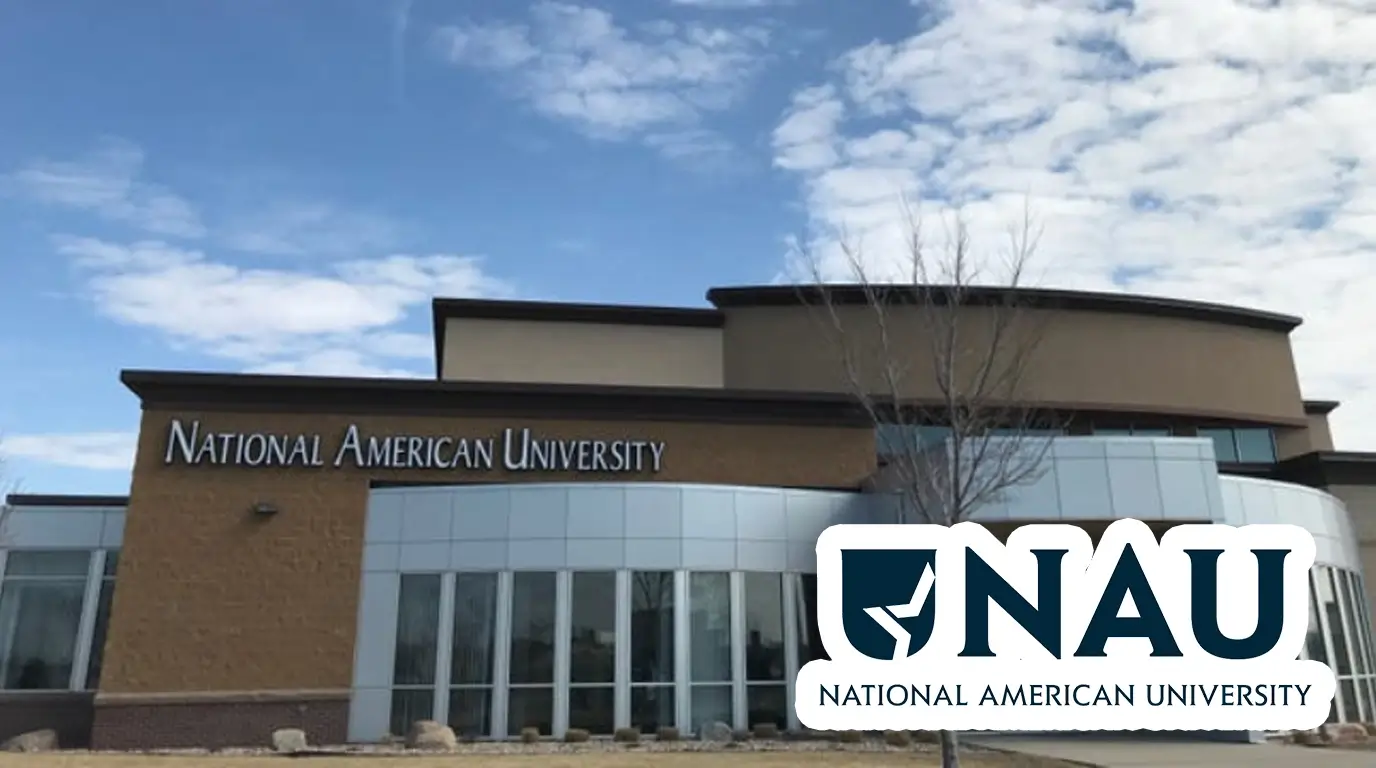Becoming a Paralegal in Arizona – Your State-Specific Guide
Hey there! Have you ever wondered if you could dive into the legal world in Arizona without committing to years of law school? I mean, who wouldn’t want a career where you’re knee-deep in fascinating cases, supporting attorneys, and making a real difference—all while soaking up that Grand Canyon State sunshine? Becoming a paralegal in Arizona might just be your ticket. It’s a practical, rewarding path that’s growing fast here, and I’m excited to walk you through what it takes. This isn’t some generic guide—this is all about Arizona, tailored for you, with the nitty-gritty details you need to get started.
I’ve spent years in the legal field, watching paralegals thrive and helping folks like you find their footing. Arizona’s legal landscape is unique, vibrant, and full of opportunity, so let’s unpack it together—step by step.
Paralegal Definition and Regulation in Arizona
So, what’s a paralegal in Arizona, anyway? Legally speaking, Arizona doesn’t pin it down with a strict definition in its statutes. The state leaves it pretty open-ended—think of a paralegal as someone qualified through education, training, or experience to handle substantive legal work, always under an attorney’s supervision. That’s the gist of it. No fancy legal jargon in the books here, but the expectation is clear: you’re the attorney’s right hand, digging into research, drafting documents, and keeping cases on track.
Now, about regulations—there’s no state-mandated licensing for paralegals in Arizona. You won’t find a “Paralegal License” issued by the Arizona Bar. That said, if you work under an attorney, you’re bound by the ethical rules they follow, like confidentiality and competence, as outlined in the Arizona Rules of Professional Conduct. There’s a cool twist, though—Arizona pioneered the Legal Paraprofessional (LP) program. It’s not mandatory, but it’s a voluntary credential that lets experienced paralegals offer limited legal services independently in areas like family law or housing. To qualify, you need a combo of education (think certificate or degree) and at least seven years of paralegal experience, plus an exam. It’s a game-changer if you want more autonomy, but most paralegals stick to the traditional supervised role.
- Key Takeaway: Arizona keeps it flexible—no strict definition or required license for paralegals, but ethical oversight by supervising attorneys applies. The LP option adds a unique spin for seasoned pros.
Education Requirements and Recommended Programs in Arizona
Alright, let’s talk about getting the skills you need. Here’s the good news: Arizona doesn’t legally require a specific degree to call yourself a paralegal. You could, in theory, start with on-the-job training under an attorney. But here’s the reality—most employers in Arizona’s competitive legal market want to see some formal education. An Associate’s degree in paralegal studies is the sweet spot for entry-level gigs, though a Bachelor’s or a post-degree certificate can give you an edge, especially in bigger firms or corporate legal departments.
The American Bar Association (ABA) approves some programs, and while it’s not a must, seeing “ABA-approved” on your resume can make hiring managers sit up and take notice. In Arizona, employers often lean toward candidates with that stamp of quality—it signals you’ve got solid training in legal research, writing, and ethics.
Recommended Paralegal Education Programs in Arizona
Arizona’s got some standout options if you’re ready to hit the books. Here’s a rundown of a few worth checking out:
- Pima Community College (Tucson): Offers an Associate of Applied Science (AAS) in Legal Assisting and a post-degree certificate. It’s hands-on—think legal research, drafting, and even an internship to get your feet wet. ABA-approved, too, which is a big plus.
- Phoenix College: Their Paralegal Studies program is another ABA-approved gem. You can snag an Associate’s or a certificate, with courses covering everything from civil procedure to tech tools lawyers love. Perfect if you’re in the Phoenix metro area.
- Yavapai College (Prescott): This one’s got a solid Associate’s in Paralegal Studies. It’s not ABA-approved, but it’s well-regarded locally and blends online and in-person learning—great if you’re juggling life in northern Arizona.
Online Paralegal Programs for Arizona Residents
Not near a campus? No sweat. Online programs are a lifeline for flexibility. Schools like Purdue Global or Rasmussen University offer paralegal certificates and degrees that work for Arizona residents. They’re not state-specific, but they cover the core skills—legal writing, research, ethics—that translate anywhere. Plus, you can study from your couch in Flagstaff or Scottsdale.
- Key Takeaways:
- No mandatory education, but an Associate’s or certificate is the practical minimum in Arizona.
- ABA-approved programs like Pima and Phoenix College stand out for quality.
- Online options give you freedom without sacrificing relevance.
Paralegal Certification and Credentials in Arizona
Certification’s where things get interesting. Arizona doesn’t require a state-specific paralegal certification—nobody’s going to demand an “Arizona Paralegal License” to hire you. But that doesn’t mean credentials don’t matter. National certifications can seriously boost your profile in Arizona’s job market.
Nationally Recognized Certifications Relevant in Arizona
Here are the big ones that Arizona employers respect:
- NALA’s Certified Paralegal (CP): This is the gold standard. You’ll need some education (Associate’s or certificate usually qualifies) and pass a rigorous exam covering law, ethics, and procedures. It’s widely recognized in Arizona law firms.
- NFPA’s CORE Registered Paralegal (CRP): Another heavy hitter. It tests your practical skills and legal knowledge. Less common than the CP, but still a solid credential for standing out.
Benefits of Certification in Arizona
Why bother? For starters, it’s a credibility boost—think of it as a badge that says, “I know my stuff.” In Arizona, where law firms in Phoenix or Tucson might see dozens of applicants, that CP or CRP can tip the scales. It also opens doors to higher pay—certified paralegals often earn 5-10% more, per national trends—and better gigs, like corporate legal departments or specialized roles in intellectual property. Plus, if you’re eyeing that Legal Paraprofessional path down the road, it’s a stepping stone.
- Key Takeaways:
- No state certification required in Arizona, but national ones like NALA CP or NFPA CRP shine.
- Certification means better job prospects, higher average paralegal salary in Arizona, and a leg up on the competition.
Paralegal Associations in Arizona
Networking’s half the battle in this field, and Arizona’s paralegal associations are your ticket in. Joining one isn’t just about padding your resume—it’s about real connections and growth.
List State-Level Paralegal Associations in Arizona
- Arizona Paralegal Association (APA): The big player. Affiliated with NALA, they’ve got nearly 400 members—paralegals, legal assistants, and students. Think events, CLE, and a job board tailored to Arizona.
- Arizona Association of Independent Paralegals (AAIP): Focused on paralegals who double as Legal Document Preparers. They offer seminars, community service opps, and support for staying independent.
- Maricopa County Association of Paralegals (MCAP): Phoenix-area focused, tied to NALA. Great for networking in the state’s legal hub.
Benefits of Joining a Paralegal Association in Arizona
These groups are goldmines. You’ll meet seasoned pros at mixers, snag job leads before they hit public boards, and keep your skills sharp with continuing legal education (CLE). In a state like Arizona, where cities like Phoenix are legal hotspots, those relationships can land you in top-tier law firm jobs as a paralegal.
- Key Takeaways:
- APA, AAIP, and MCAP are your go-to associations in Arizona.
- They offer networking, CLE, and job opportunities critical for career growth.
Job Market Outlook and Salary for Paralegals in Arizona
Let’s get to the good stuff—jobs and money. Arizona’s legal scene is buzzing, and paralegals are in demand.
Current Job Market for Paralegals in Arizona
The state’s got a robust market, especially in Phoenix, Tucson, and Scottsdale. Law firms, corporate legal departments (think big names like Avnet), and government agencies are hiring. The Bureau of Labor Statistics (BLS) pegged Arizona at 7,550 paralegal jobs in 2023, and that’s just the start. With automotive giants like GM testing self-driving tech in Phoenix, paralegals with IP or tech law chops are especially hot.
Average Paralegal Salary in Arizona
Money-wise, you’re looking at solid numbers. The BLS reported an average annual wage of $65,400 for Arizona paralegals in 2023—about $31.44 hourly. Entry-level might start closer to $45,000, but with experience or specialization (say, litigation or real estate), you could hit $75,000 or more. Location matters—Phoenix pays better than rural spots like Flagstaff ($41,460 average)—and education plus certification can nudge you toward the top end.
Job Growth Projections for Paralegals in Arizona
The future’s bright. Projections Central estimates a 13.4% growth rate for paralegal jobs in Arizona from 2022-2032—way above the national 4.2%. That’s over 1,000 new jobs, plus replacements, as law firms lean on paralegals to keep costs down. Tech like AI might streamline some tasks, but the human touch in legal work isn’t going anywhere soon.
- Key Takeaways:
- Arizona’s paralegal job market is strong, especially in urban hubs.
- Average salary: $65,400, with potential to climb based on experience and location.
- Job growth: 13.4% through 2032—plenty of room to jump in.
Key Takeaways: Steps to Becoming a Paralegal in Arizona
Ready to make it happen? Here’s your roadmap:
- Research paralegal education programs in Arizona—start with Pima or Phoenix College.
- Pick your path: Associate’s, Bachelor’s, or certificate, depending on your timeline.
- Consider ABA-approved programs for that extra shine on your resume.
- Explore national certifications like NALA CP or NFPA CRP to stand out.
- Join an Arizona paralegal association (APA’s a great first step) for networking.
- Dive into the Arizona legal market—target law firm jobs or corporate roles.




